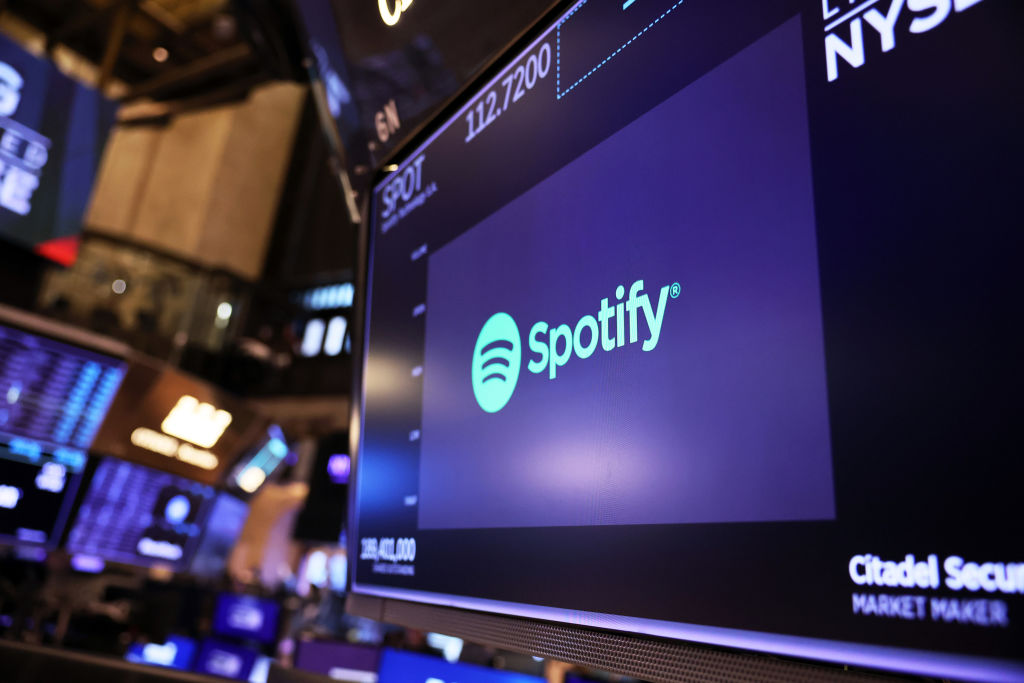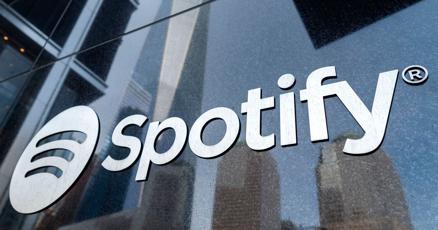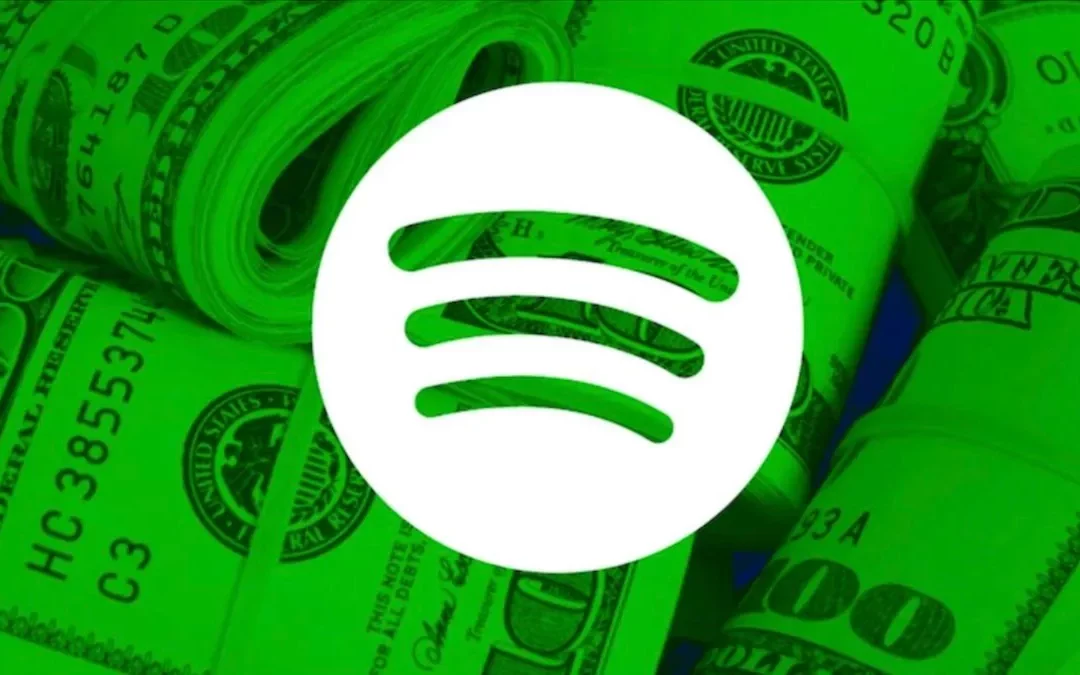The MLC’s legal arguments against Spotify’s bundling policy are “nonsensical and factually unsupportable,” according to the streaming platform, which has filed a motion to dismiss the whole unpaid-royalty complaint.
Spotify only recently petitioned the court to dismiss the action with prejudice, approximately one month after stating its position in a pre-motion letter. Unsurprisingly, the service’s position on its extremely contentious audiobook packages has not changed in the interim.
To refresh your memory, Spotify categorized its primary U.S. subscription options as bundles in early 2024, changing the status of nearly all of its paid accounts in the process, following the launch of a standalone audiobook-only tier. (A music-only option would be implemented later, following significant opposition from compositional rightsholders.)
READ MORE: Billie Eilish Surpasses The Weeknd As Spotify’s Most-Streamed Monthly Artist
While this may appear to be a minor change, it has a big impact on the magnitude of Spotify’s monthly payments in the United States. Spotify confirmed DMN Pro calculations in July, revealing that it had saved about $50 million in mechanicals from March to June.

To be brief, royalties are calculated in significantly different methods for bundled and non-bundled streaming revenue under the Phonorecords IV ruling, which is valid until 2027. To put it mildly, the unilateral bundling categorization (and the significant drop in pay) isn’t sitting well with publishers – or the MLC.
The MLC, which filed the required action in May, believes that the goods in question do not qualify as bundles.
As previously discussed, the entity’s concerns include but are not limited to the belief that audiobook access does not represent a “differentiated product” and “does not have more than the ‘token value’ required” for bundle classification. In total, Spotify owes millions of dollars in unpaid royalties, according to the MLC.
Spotify’s fresh dismissal motion, represented by Latham & Watkins, portrays the MLC’s claims as not only “nonsensical and factually unsupportable,” but also meritless, wasteful, brazen, perplexing, misdirected, manifestly wrong, and strained.

“At the heart of this dispute is an easily answered question: Is audiobook streaming distinct from music streaming, offering greater than token value?” The motion wraps up. “The answer is indisputably yes, and there is no need for federal court litigation to confirm it.”
Running with the idea, Spotify, now exploring the visual-media waters far beyond the podcasting sphere, has reaffirmed its belief that audiobook listening “is quite obviously a distinct ‘product or service’ from music streaming” and that 15 hours of monthly access “carries more than token value.”
Furthermore, in terms of what constitutes a bundle, it makes no difference (in terms of the “token value” assertion or otherwise) if Spotify introduced audiobook listening in November 2023 before formally transitioning to bundles via upgraded packages in the new year.
“But Spotify Premium met the criteria for Bundle treatment in November, too,” says one section of the complaint, “and in each month after that; in other words, Spotify could have reported Spotify Premium as a ‘Bundle’ during each of those months.” However, it was not compelled to do so, and MLC cannot provide any legal authority to argue otherwise.”
must be clear, as Spotify sees it, Phono IV does not oblige it “to offer a standalone audiobook streaming product at all, let alone market it in a particular way,” in order to secure the bundling status at the heart of the lawsuit.
Having said that, dismissing with prejudice would be “particularly appropriate here because MLC does not pay its own legal fees, as its operating costs (including litigation expenses) are funded by music streaming services, including Spotify,” the no-holds-barred motion states near the end.
Radiant TV, offering to elevate your entertainment game! Movies, TV series, exclusive interviews, music, and more—download now on various devices, including iPhones, Androids, smart TVs, Apple TV, Fire Stick, and more.


